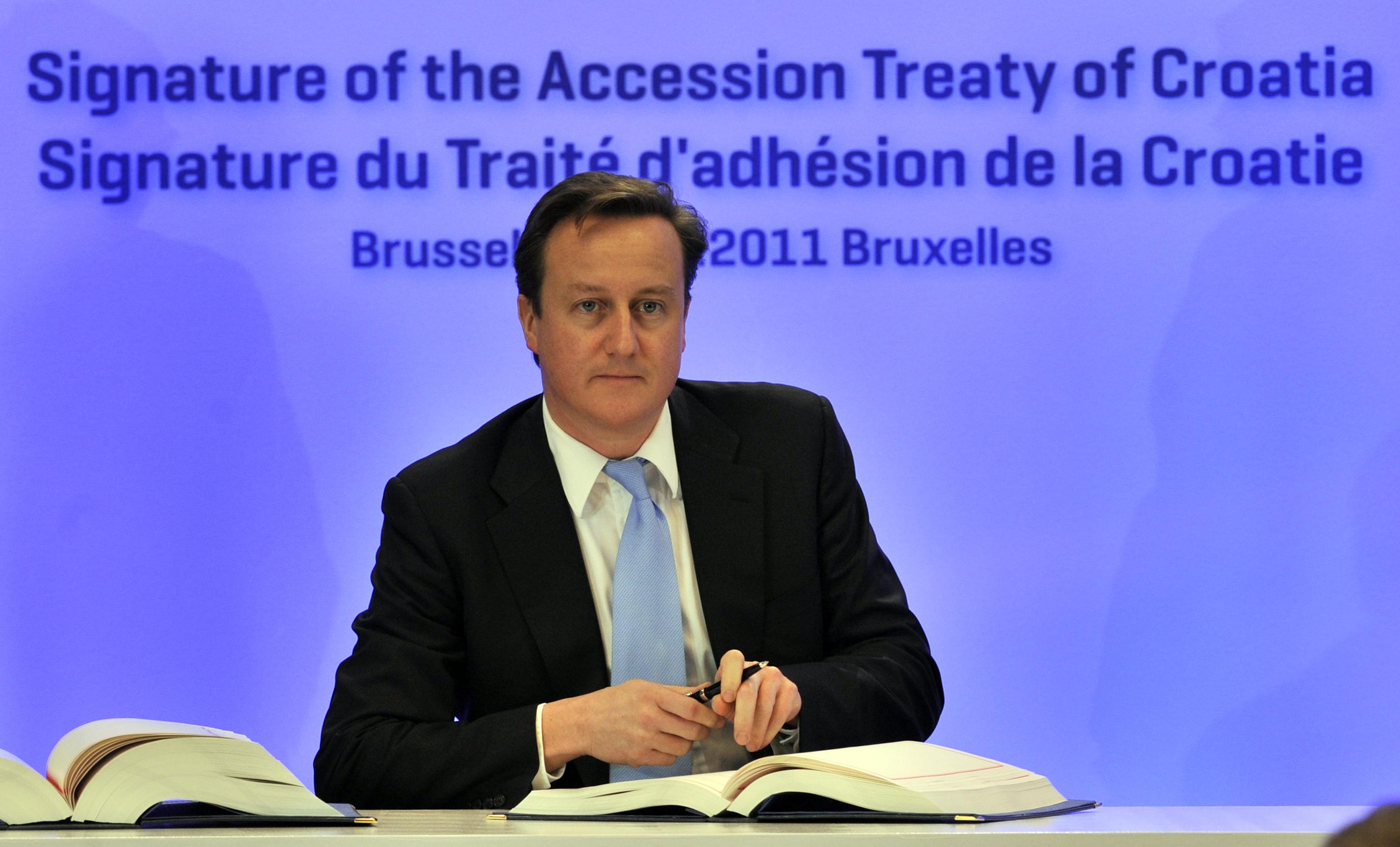Part of the horror and genius of the Eurozone is that all the decision-making structures are so complicated that it’s borderline impossible to explain what’s happening at any moment. But the essence of the latest twist is that even though the Eurozone does not include all EU member states, it is a project of the European Union and the EU contains a bunch of states that don’t use the euro. Those non-Euro EU members come in three tranches. On the one hand, there are a bunch of Central European members who have a treaty obligation to join the euro when they’re ready. Following through on this commitment is pretty obviously a bad idea at this point, but Estonia just went through with it and the rest will presumably follow. On the other hand, there’s the UK and Denmark who have an exemption in the treaty that lets them opt-out. On the third hand is Sweden which has a treaty obligation to join the euro and is simply refusing to do so. Other countries should take note of this option!
But back to the summit. Angela Merkel wants to use the EU institutions to police government budgets and financial rules. David Cameron had the idea of using the fact that Merkel would need his support to get that done as leverage to get her to agree to water down ideas about a financial transaction tax. Merkel didn’t back down, and Cameron didn’t back down either. So now Merkel’s plan seems scuttled, which I think is exactly what I would have done if I were Prime Minister of the United Kingdom. But the rules of British politics seem to be that you must subject the PM to withering criticism any time anything newsworthy happens, so they seem to be going with the line that Cameron erred in letting Britain become “isolated” when defter manoevering would, allegedly, have gotten him a feisty coalition of Swedes and Hungarians to stand at his side.
The bottom line here is that you can’t make contentious decisions with winners and losers while operating under a 27 country unanimity rule. The smaller 17 country Eurozone seems to work only because they operate under an “if France and Germany agree then it’s unanimous” version of 17 country unanimity. But the UK has a history of national greatness and a small independent nuclear deterrent so they don’t play by those rules. The price is “isolation” but so what? Meanwhile, Merkel is left to try to work out a 17 country “intergovernmental” agreement of some kind. Just remember that not only is the euro a currency without a state, it’s not even a currency with a supra-national entity behind it. It’s a currency of a sub-set of members of a supranational entity.
